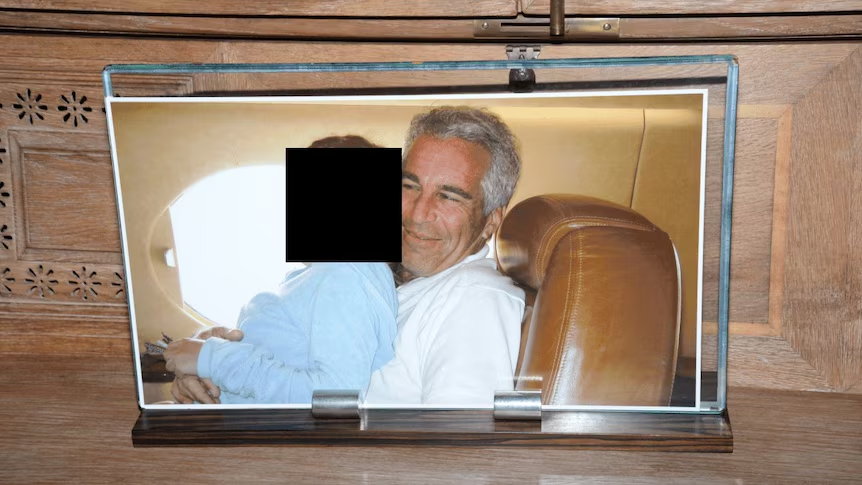A federal judge in Illinois has temporarily blocked the deployment of National Guard troops in the Chicago area, halting part of President Donald Trump’s latest initiative to send military forces into major U.S. cities under the banner of a nationwide “federal crime crackdown.”
The on-and-off deployments — now at the center of a heated political and constitutional battle — have divided states and drawn national attention to the limits of presidential authority.
Chicago Blocked, Memphis Moves Forward

While U.S. District Judge April Perry issued a 14-day injunction Thursday against Trump’s planned deployment to Illinois, troops are still set to begin patrols in Memphis, Tennessee, where Republican Gov. Bill Lee has welcomed the move.
According to the city’s official website, the Guard members will serve as “additional eyes and ears” supporting local, state, and federal law enforcement agencies.
The ruling in Illinois, however, represents a clear victory for Democratic leaders in the state, including Gov. J.B. Pritzker, who called the deployment an “unwarranted invasion” of local authority.
“The court confirmed what we all know: there is no credible evidence of a rebellion in the state of Illinois — and no place for the National Guard in the streets of American cities like Chicago,” Pritzker said Thursday.
Legal Showdown Over the Insurrection Act
President Trump’s team had argued that violent crime, protests, and immigration-related unrest justified the use of the Insurrection Act — a 19th-century law that allows presidents to deploy active-duty troops in cases of rebellion or obstruction of federal law.
But Judge Perry rejected that rationale, saying the administration failed to prove any “danger of rebellion” in Illinois. She ruled that the order violated both the 10th Amendment, which reserves powers to the states, and the 14th Amendment, which guarantees due process and equal protection.
A new hearing is scheduled for October 22 to determine whether the injunction should be extended another two weeks.
Federal Tensions and Troop Uncertainty
Around 500 Guard members from Texas and Illinois had already been mobilized under U.S. Northern Command. Most were stationed at an Army Reserve Center in Elwood, southwest of Chicago, while others were seen near a U.S. Immigration and Customs Enforcement (ICE) facility in Broadview — a flashpoint for frequent protests.
Justice Department attorney Eric Hamilton said the Guard’s mission was limited to “protecting federal properties and officers,” not policing local crime. The Department of Defense declined to comment on the ongoing litigation.
National Divide: 24 States Challenge Trump
The controversy has drawn a sharp partisan divide across the nation.
A coalition of 24 Democratic-led states — including California, Oregon, and New York — filed court briefs supporting Illinois’ challenge, while 20 Republican-led states, spearheaded by Iowa, defended the administration.
The fight echoes earlier battles in Oregon and California, where federal judges ruled that Trump’s prior troop deployments to Portland and Los Angeles exceeded executive authority.
In Oregon, a temporary restraining order remains in effect after the administration sought to federalize 200 members of the state’s National Guard. In California, a judge ruled the September deployment illegal, though hundreds of troops were allowed to remain pending further review.
Immigration Enforcement Under Fire
Adding to the administration’s legal troubles, a separate Illinois judge this week found that ICE had repeatedly violated a 2022 consent decree restricting warrantless arrests, requiring agents to document every detention unrelated to targeted individuals.
Outlook
As the October 23 expiration date of the Illinois order approaches, the standoff underscores a fundamental question of federalism: Can a president deploy troops domestically without state consent?
The outcome of this case — and others now winding through federal courts — could redefine the balance of power between Washington and the states for years to come.














































